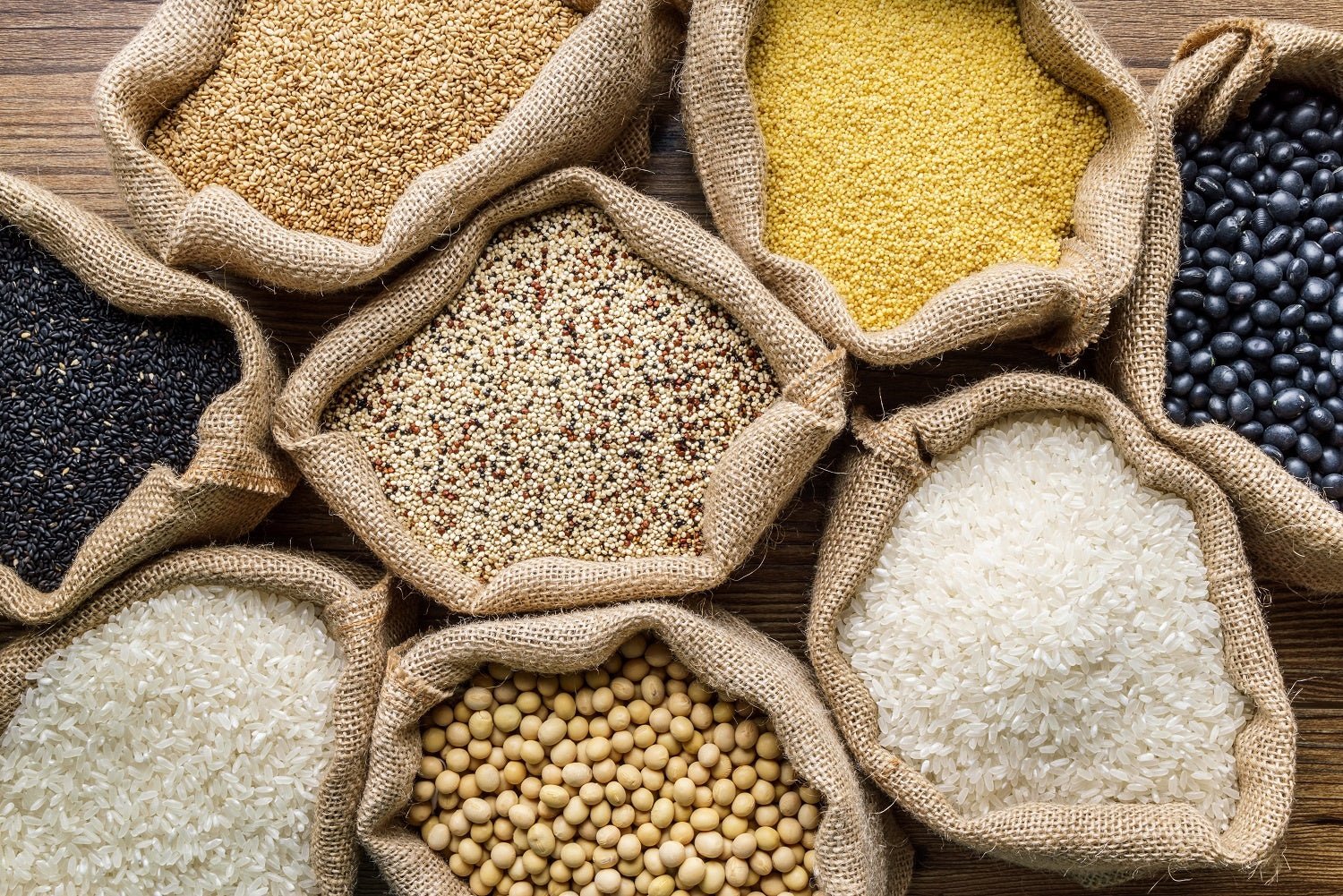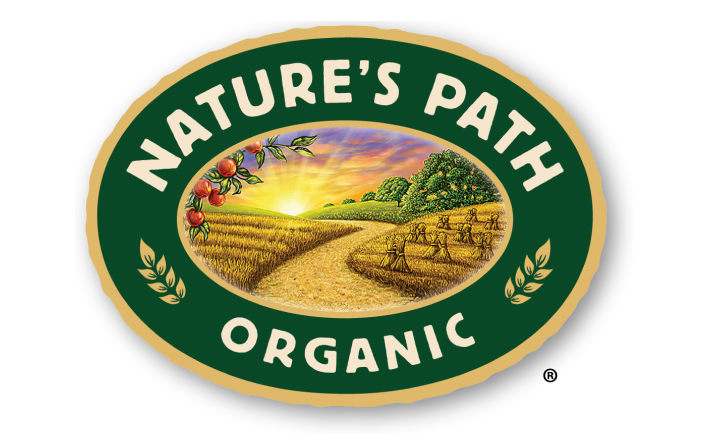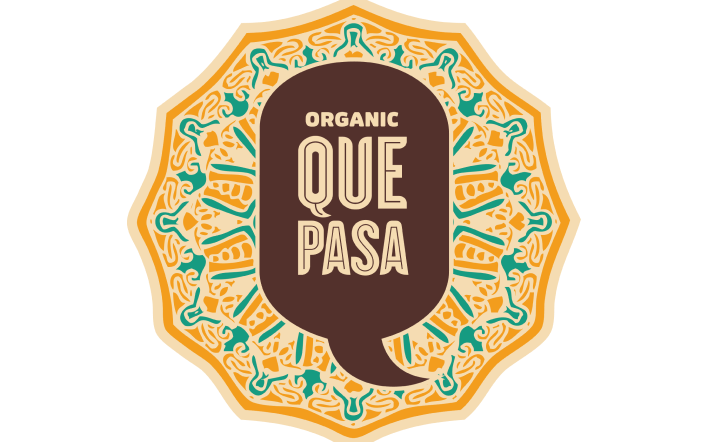
The Health Benefits of Ancient Grains
You’ve probably heard of quinoa and chia seeds - maybe even sorghum or spelt. But what about amaranth, freekeh, and teff? These are just a few of the many foods that qualify as ancient grains. Grains like these are nutrient-rich, and they offer a whole host of health benefits ranging from improving digestion to boosting immunity. Keep reading to learn more about these grains and their benefits.
n
Tags:
You’ve probably heard of quinoa and chia seeds - maybe even sorghum or spelt. But what about amaranth, freekeh, and teff? These are just a few of the many foods that qualify as ancient grains. Grains like these are nutrient-rich, and they offer a whole host of health benefits ranging from improving digestion to boosting immunity. Keep reading to learn more about these grains and their benefits.
What Are They?
There is no official definition for what ancient grains are and, in fact, most whole grains can be called “ancient” because they’ve been around since the dawn of time. According to the Whole Grains Council, however, they are loosely defined as grains that have remained largely unchanged over the past few centuries. Modern wheat, therefore, would not fall under this category, but certain varieties like einkorn, farro, Kamut®, and spelt would. Many of the grains that fall into this category are uncommon in the Western world, but are commonly used elsewhere. Examples include sorghum, teff, millet, and amaranth. Others like quinoa, chia seed, buckwheat and wild rice have started to gain popularity in North America, often given the “superfood” designation. In addition to being largely unchanged over the years, this group of grains is known for having rich nutrient profiles and myriad health benefits.The Health Benefits of Seven Ancient Grains
The health benefits associated with ancient grains are unique to each variety. As grains, however, you can expect all of them to contain a decent amount of dietary fiber as well as some plant protein. Here are some of the nutritional and health benefits associated with seven ancient grains:1. Amaranth
2. Millet
3. Kamut
4. Sorghum
5. Teff
6. Farro
7. Freekeh
Would you like to be the first to hear about our new products and more? Sign up for our Nature’s Path Newsletter.






